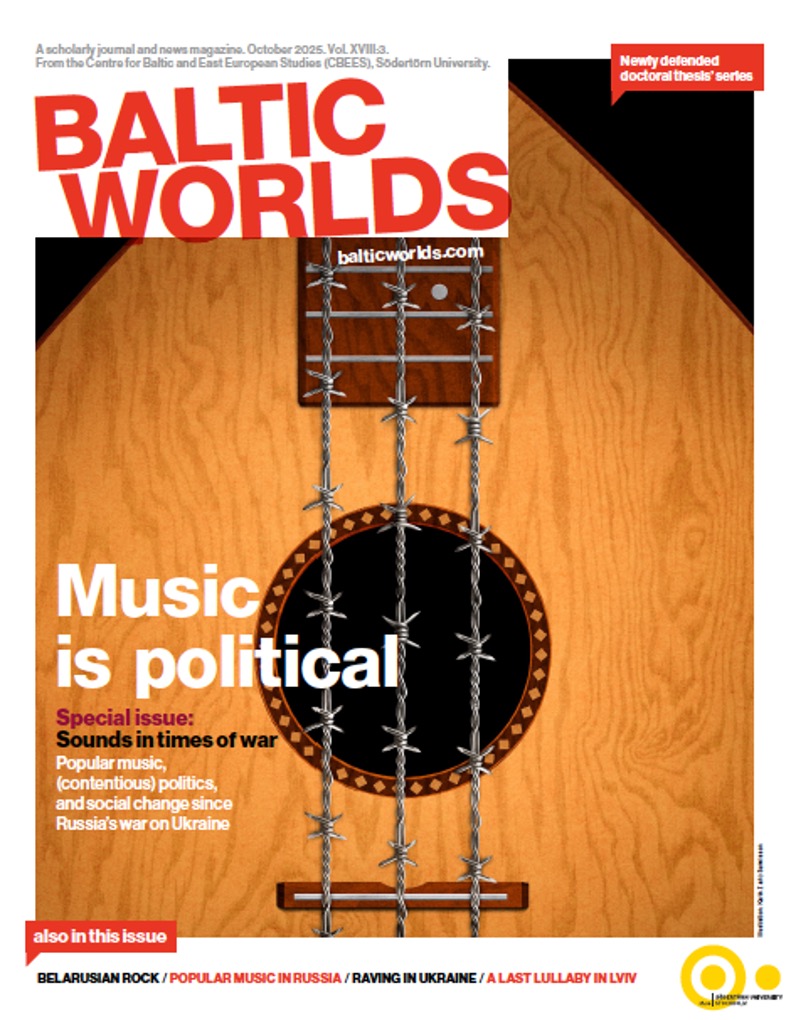Anti-trafficking efforts. Hard to Get Results
One result of efforts to halt trafficking is that the situation of those at risk becomes more difficult. So say NGOs and researchers. When women are sent home, they end up in a more vulnerable position – often they go back to trafficking.

 Issue 2025, 3:
Issue 2025, 3: